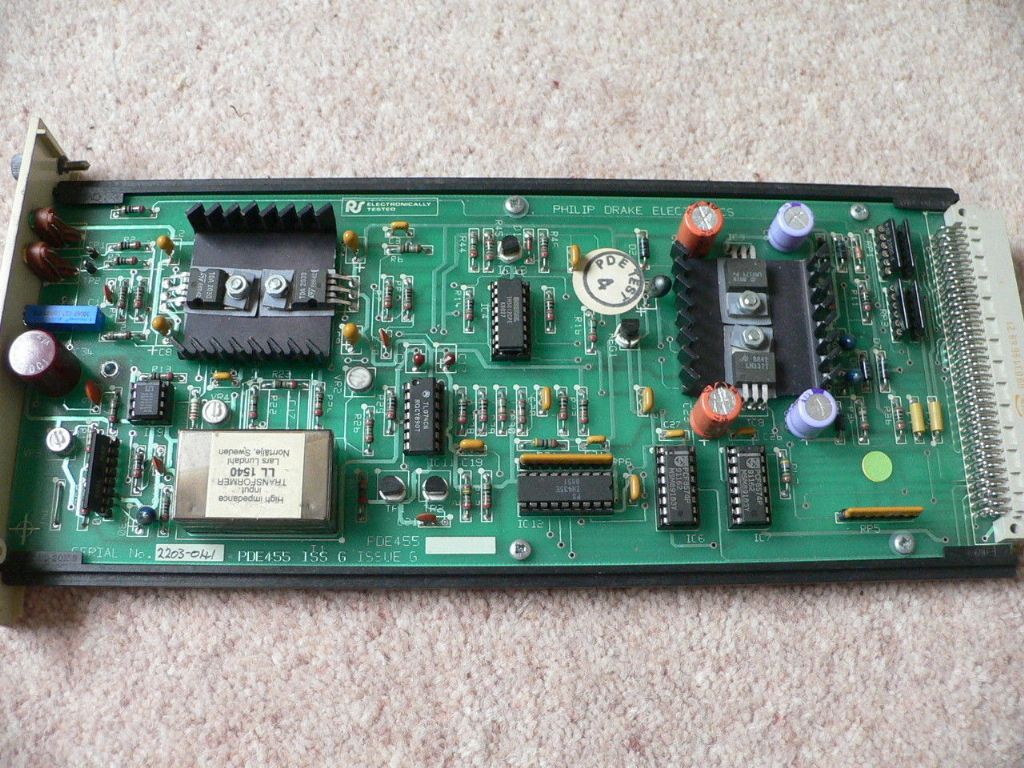Surely music is subjective? If it sounds good to you, it's OK. Everything else is psychology.
It's easy to show that the human ear is rather poor at detecting distortion; you place chaps who think they have a good ear in an anechoic chamber and play them sequences of pure sine waves randomly distorted with electronic filters. The listener's job is to grade how good or bad the sound is just by listening to it – no other clues. You've guessed it , most people can't detect distortion in sine waves below about 10%.. They think they can, they can't.
But how people feel matters. Placebos work. Peer pressure works. So, if you're the type who enjoys spending money on 'quality' it's not wasted. But you make a bad mistake if you think expensive kit is essential to proper enjoyment of music. Dare I suggest Tamla Motown sounds better on a cheap transistor radio than it does on a HiFi?
Most recorded music is technically better than the real thing. Very often it is a carefully edited assemblage of segments from multiple multi-track recordings. It is not necessary for the base material to be recorded at the same time, or in the same country, or with the same artists, or using the same instruments. Much processing and editing is done, for example a device called an Autotune automatically corrects off-pitch singing when the star is having an off day. Some music is improved by deliberately adding more distortion, noise or effects.
Even though live recordings are technically inferior it's curious that many people prefer them to studio perfection. Perhaps poor quality and noises off suggest that live recordings are "honest" whereas studio versions are too good to be true. I suggest what goes on between our ears is more important than the equipment.
Dave
Geoff Theasby.






